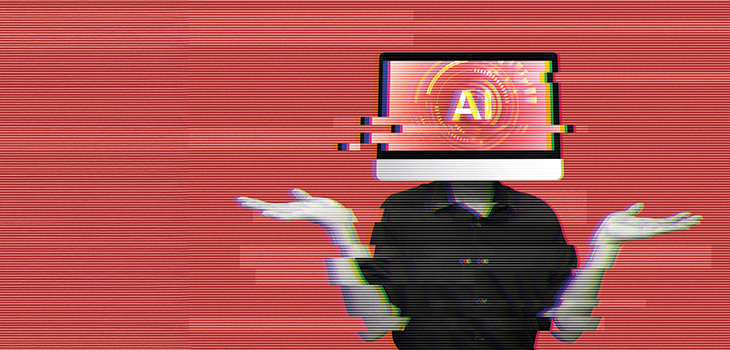
Top judges have praised AI’s potential, with Sir Geoffrey Vos hailing its role in digital justice and Lord Justice Birss admitting to using ChatGPT in a ruling. But recent scandals, including the Ayinde case and a pleading riddled with fake citations, show the perils of uncritical reliance.
Courts are now making clear: firm leaders will be held responsible if lawyers let hallucinated case law slip through. New judicial guidance encourages AI for admin and drafting, but dismisses it as unsafe for research.
Arthurs’ message is blunt—AI is here to stay, but lawyers must engage their ‘little grey cells’ before letting machines steer legal argument.










